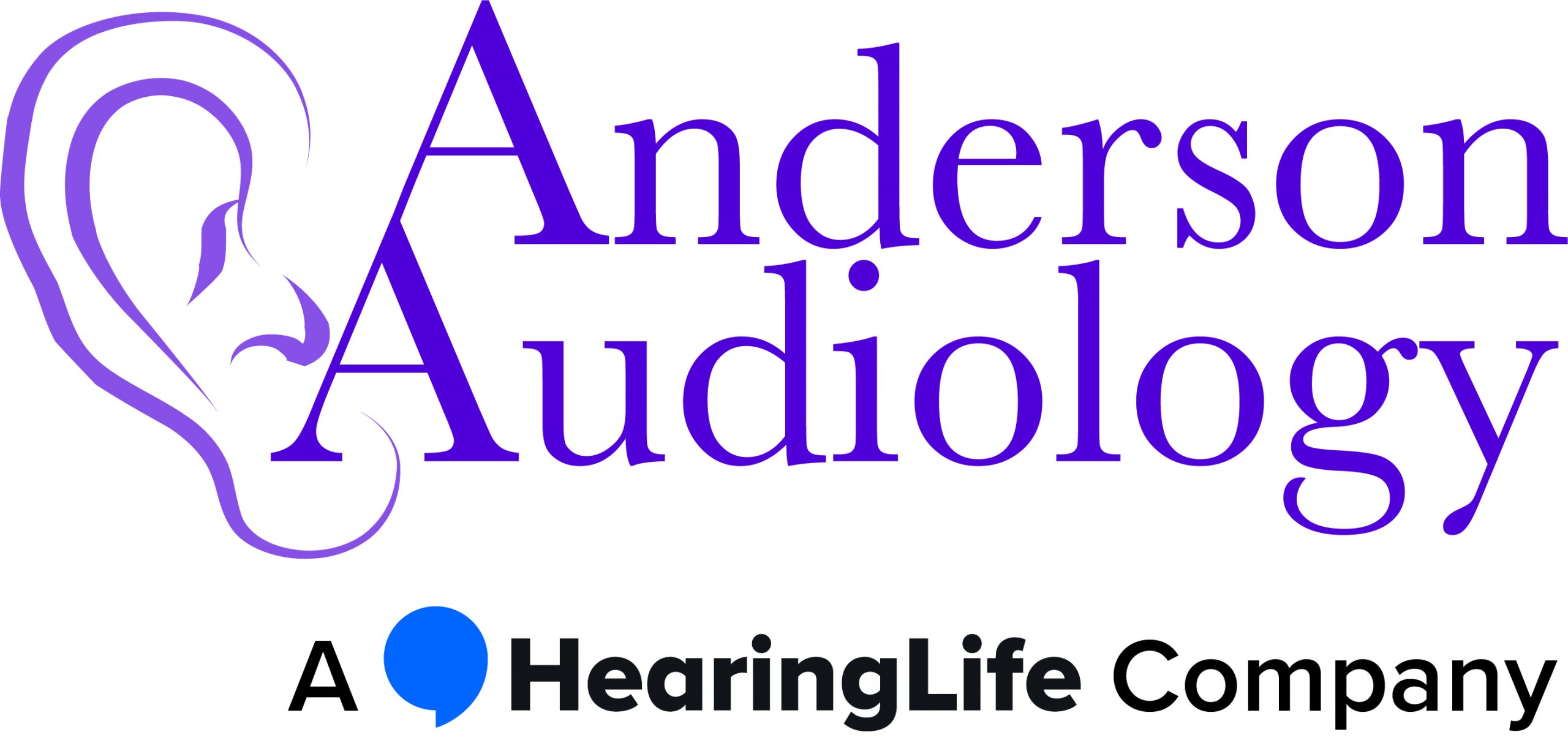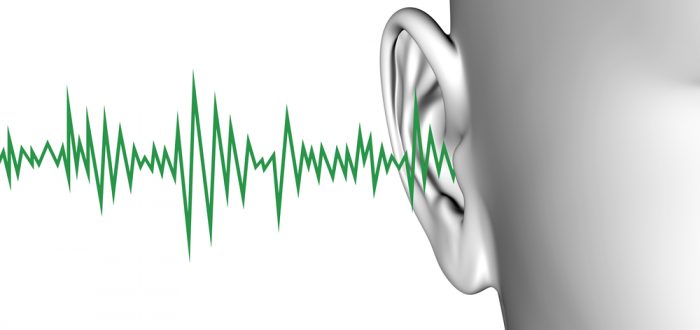Noise-induced hearing loss (NIHL) is a hearing loss caused by exposure to dangerous volumes of noise. NIHL is a preventable hearing loss, and using hearing protection when you’re exposed to dangerous noise levels is the best way to protect your hearing.
The urge to cover our ears in noisy situations is a common reaction to loud sounds. It’s not only our ears that can react to loud noise. Our bodies can also feel the effects of dangerous noise. We’re taking a closer look at how noise can affect your health.
How Can Noise Affect Your Health?
Many studies have investigated how excessive noise harms health and disrupts our daily lives. It’s not just about our hearing; the effects can be far-reaching. Here we will briefly explain some of these and why it’s important to protect yourself.
Heart
This German study discovered that noise can cause an irregular heartbeat, potentially leading to blood clots, heart failure or stroke. In fact, noise exposure has been attributed to 3% of heart attacks in Germany. Hardly surprising, given how noise triggers high blood pressure and feelings of irritation.
Productivity
Another Europe-based study has linked higher healthcare costs and noise exposure. The higher levels of exposure are cited as causing reduced work productivity, a higher volume of sick days, difficulty learning new skills and more treatment intervention.
Concentration
Noisy environments are distracting and lead to reduced motivation and focus. Why? Because your brain has to expend energy filtering out excess noise to help you concentrate – unfortunately, this tends to also reduce problem-solving skills.
Sleep and Healing
Sleep is important for our body. It’s when you’re sleeping that your body engages in important healing and repair functions. Noise before or during sleep leads to an overstimulated and agitated mind, which makes going to sleep difficult and reduces sleep quality. This contributes to health complications such as heart disease, obesity and diabetes as per this research.
Mental Health
The National Center for Biotechnology Information (NCBI) has reported that the risk of anxiety and depression in working age adults increases by 200% with exposure to excessive noise. Evidence suggests that noise induced hearing loss (NIHL) could lead to inflammation in the brain, and this John Hopkins study links it with reduced cognition and increased risk of dementia.
Haven’t we all experienced headaches, irritability, exhaustion and sore ears after exposure to loud noise all day long? This is our body reacting to perceived danger by releasing the hormone cortisol. Over time, this has a draining effect, resulting in social withdrawal and poor mental health.
Hearing
Excessive or prolonged exposure to noise can lead to permanent hearing loss due to delicate hair cells becoming damaged. Tinnitus symptoms are also common, as well as fatigue of the auditory system from trying to filter out sounds.
The National Institute for Occupational Safety outlines that its: “Recommended Exposure Limit (REL) for occupational noise exposure is 85 decibels, A-weighted, as an 8-hour time-weighted average (85 dBA as an 8-hr TWA) using a 3-dB exchange rate. Exposures at or above this level are considered hazardous.”
Here are some common noise levels you may encounter:
- General conversation = 50-60 dB.
- Residential traffic = 50 dB, Freeway traffic = 70 dB.
- Heavy commuting traffic = 85 dB.
- Subway = approx 90-100 dB.
- A motorcycle = 95-100 dB.
- Jet engines upon take off = 150 dB.
Protect your hearing and general health by following these tips:
- Consider quieter work environments
- Download a decibel app on your phone to help identify dangerous noise volumes
- Invest in custom fit earplugs
- Close your windows before going to sleep
Regular hearing assessments will help to highlight any changes to your hearing. If you’re concerned about noise in your daily life or you’re due for a hearing check, get in touch with our hearing specialists today. At Anderson Audiology, our hearing specialists are on hand to help. Call us today on 702-997-2964. Alternatively, click here to request an appointment online.

